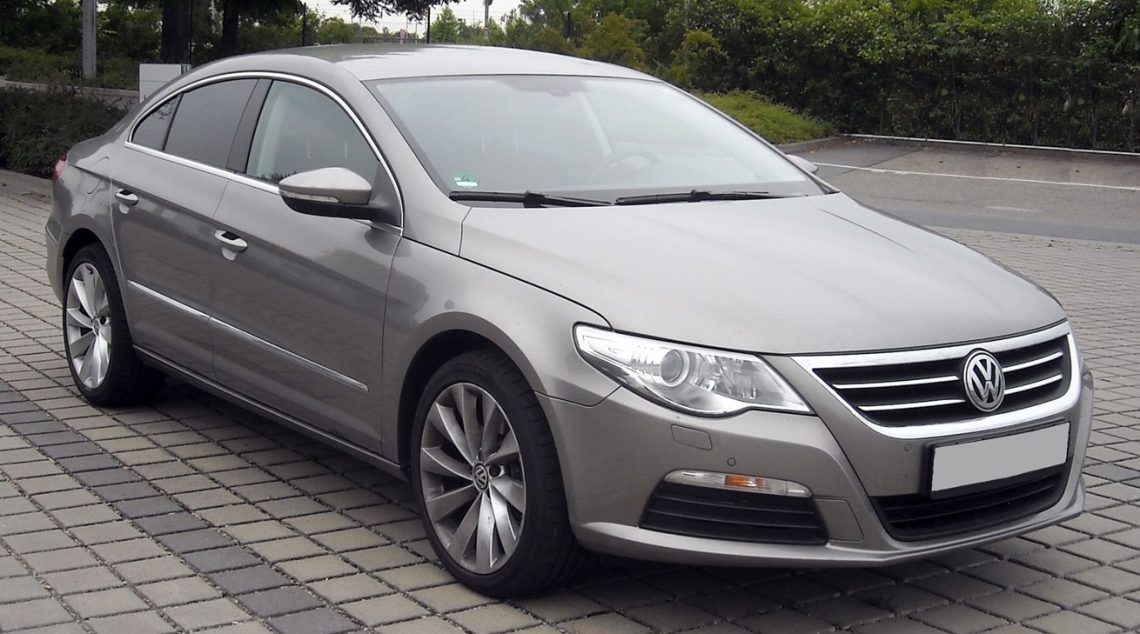
Volkswagen Passat CC engines
Content
- Brief description of Volkswagen Passat CC
- Overview of engines on various generations of cars
- Power units Volkswagen Passat CC
- Popular motors
- Which engine is better to choose Volkswagen Passat CC
- Reliability of engines and their weaknesses
- Maintainability of power units
- Tuning engines Volkswagen Passat CC
- Swap engines
- Purchase of a contract engine
Volkswagen Passat CC is a four-door coupe sedan belonging to the prestigious class. The car boasts a dynamic silhouette. The sporty look is complemented by powerful engines. Motors provide comfortable driving and are fully consistent with the class of the car.
Brief description of Volkswagen Passat CC
The Volkswagen Passat CC appeared in 2008. It was based on the VW Passat B6 (Typ 3C). The letters CC in the name stand for Comfort-Coupe, which means a comfortable coupe. The model has a more sporty body shape.
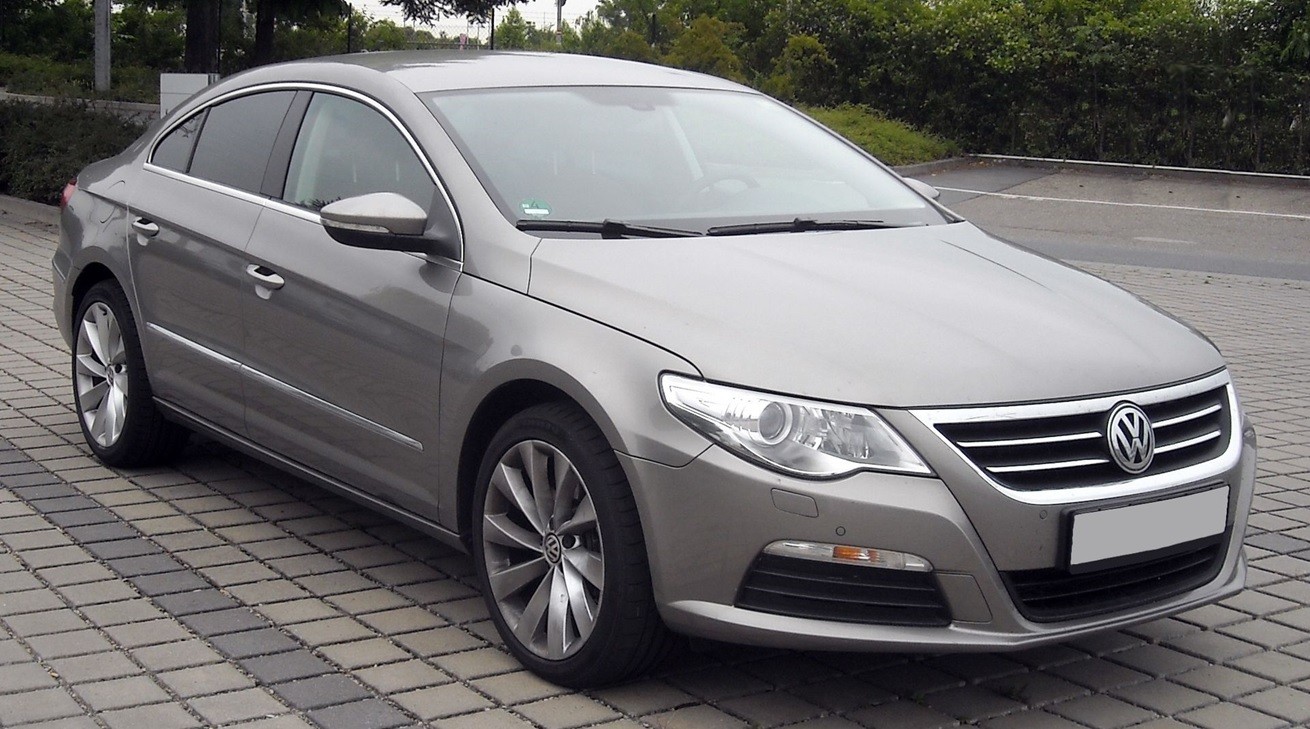
Volkswagen Passat CC has a panoramic sunroof. It allows you to increase driving comfort and experience fresh breeze and open skies while driving. To emphasize the elegance of the interior, there is background lighting. Lighting intensity can be easily adjusted to suit your comfort.
Optionally, you can order a sports package. It improves driving safety. The car becomes more noticeable on the road. The sports kit includes:
- bi-xenon headlights;
- tinted rear windows;
- LED daytime running lights;
- foglights with cornering light function;
- adaptive headlight range adjustment system;
- chrome edging;
- dynamic lighting cornering main headlights.
Volkswagen Passat CC offers a spacious and comfortable interior, which not every coupe can boast of. The car has four seats as standard, but there is also a five-seat version. The rear row of the car can be folded, which will lead to an increase in the volume of the trunk. The driver's seat is also famous for its comfort.
In January 2012, an updated version of the car was presented at the Los Angeles Auto Show. Volkswagen Passat CC after restyling went on sale in the domestic market on April 21, 2012. Auto changed externally. The main changes affected the headlights and grille. The interior of the updated model has become more pleasant and rich.
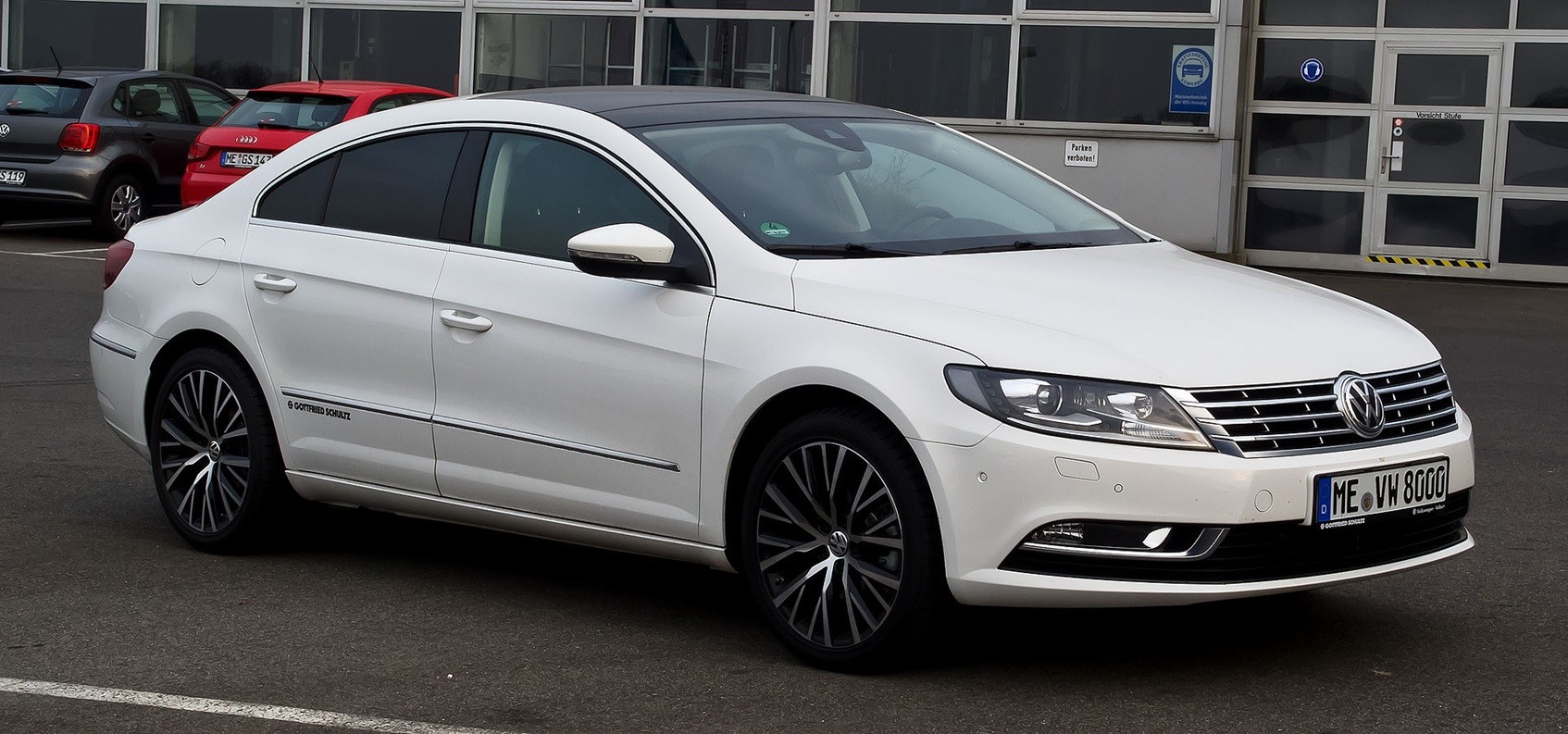
Overview of engines on various generations of cars
A wide range of engines is installed on the Volkswagen Passat CC. Engines can boast of high power and good volume. This allows the car to always remain dynamic. You can get acquainted with the used internal combustion engines in the table below.
Power units Volkswagen Passat CC
| Car model | Installed motors |
|---|---|
| Volkswagen Passat CC 2008 | BZB CDAB CBAB CFFB CLLA CFGB CAB CCZB BWS |
| Volkswagen Passat CC restyling 2012 | CDAB CLLA CFGB CCZB BWS |
Popular motors
One of the most popular engines on the Volkswagen Passat CC is the CDAB powertrain. This is a fuel efficient petrol engine. It only applies to the front wheel drive version. The engine was developed by Volkswagen specifically for emerging markets.
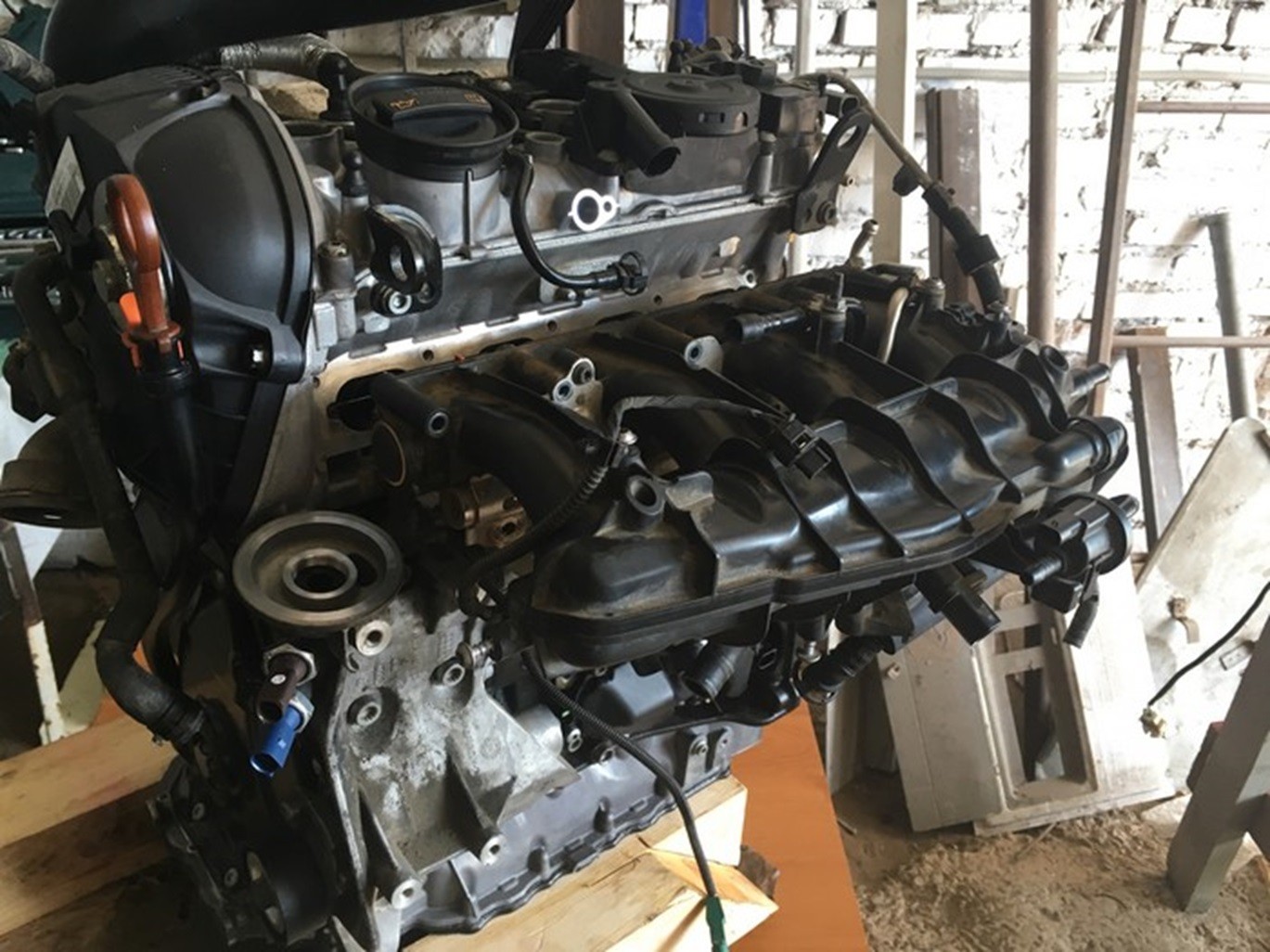
The CFFB engine received good popularity. This is a diesel power unit. It is characterized by low fuel consumption, consuming 4.7 l / 100 km on the highway. The motor has an in-line design. During its operation, there is no excessive vibration or noise.
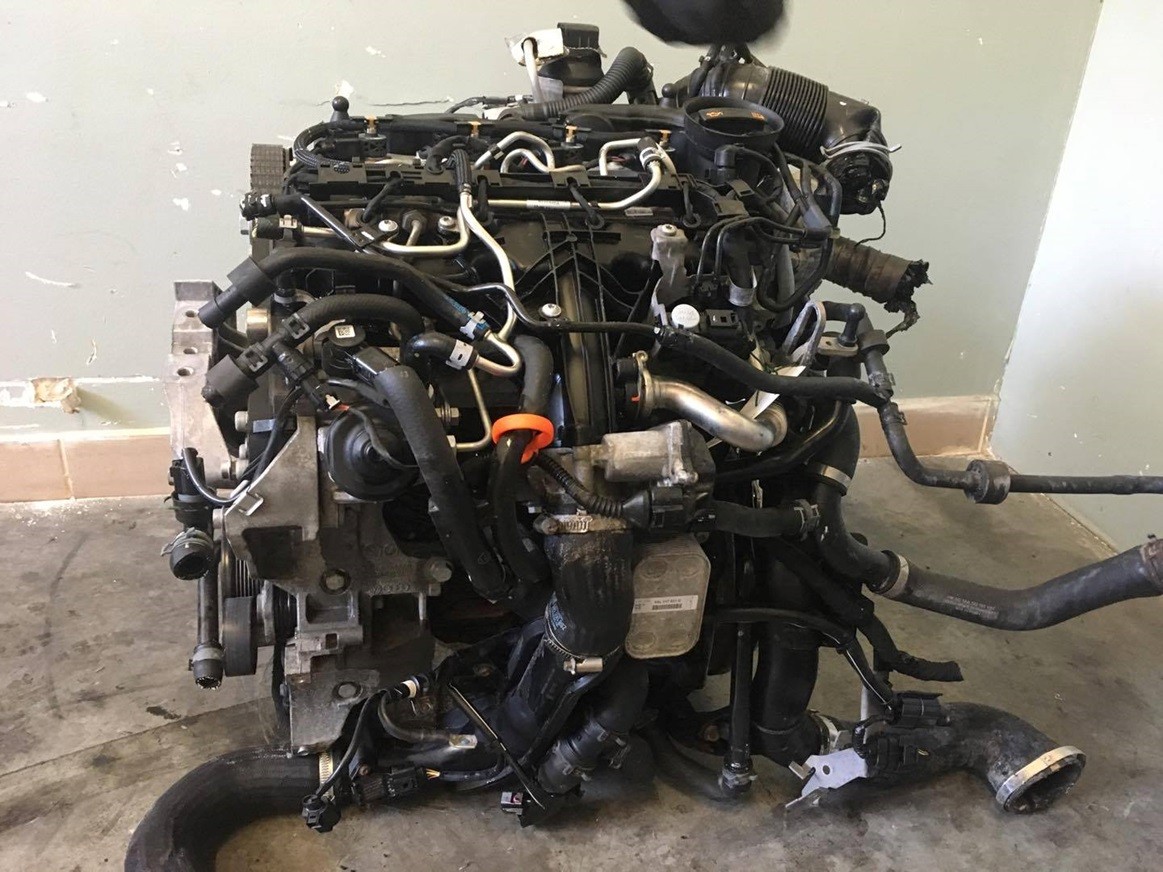
Another popular diesel is the CLLA. The motor has more power while maintaining the same displacement. A turbine is used as a supercharger. Direct injection is used to supply fuel.
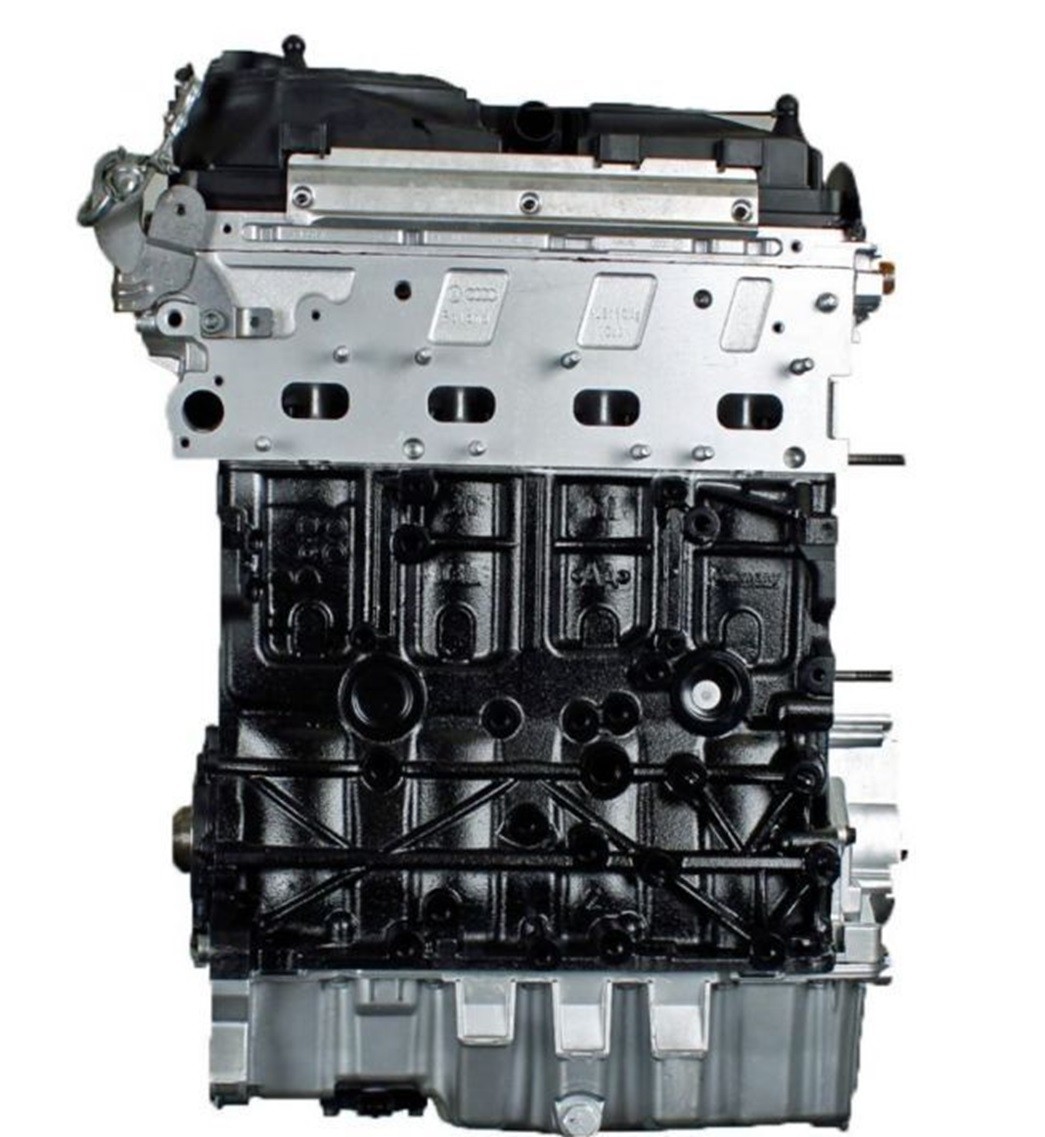
The CAWB gasoline power unit has received great demand. The motor is found not only on the Volkswagen Passat CC, but also on other cars of the brand. The engine is sensitive to the quality of fuel and strict observance of maintenance regulations. The successful design of CAWB allowed it to become the basis for several other ICE models.
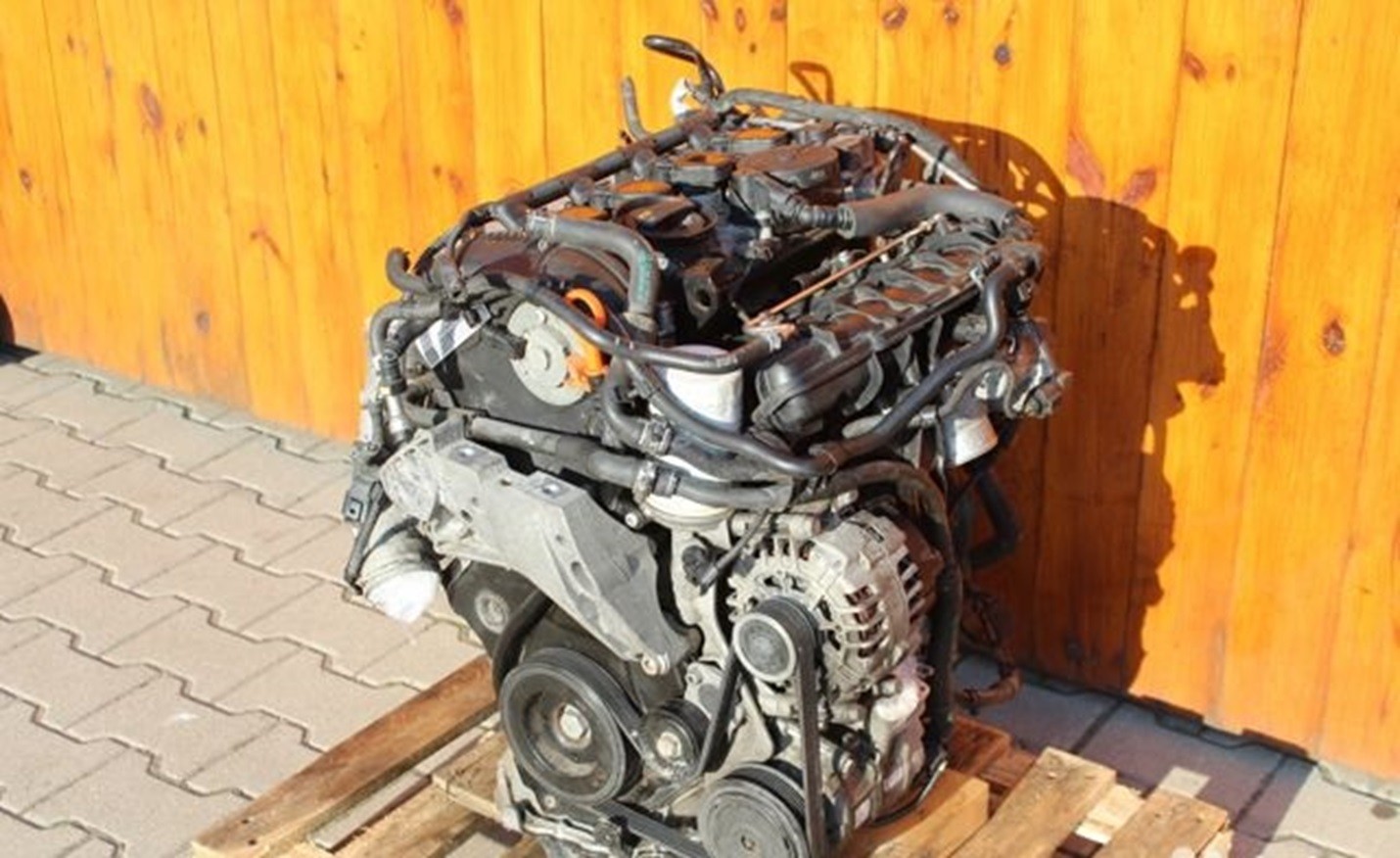
The popularity of the CCZB engine is due to the fact that it is able to give dynamic driving to the Volkswagen Passat CC. The motor produces 210 hp, having a volume of 2.0 liters. The ICE resource is about 260-280 thousand km. The engine is turbocharged KKK K03.
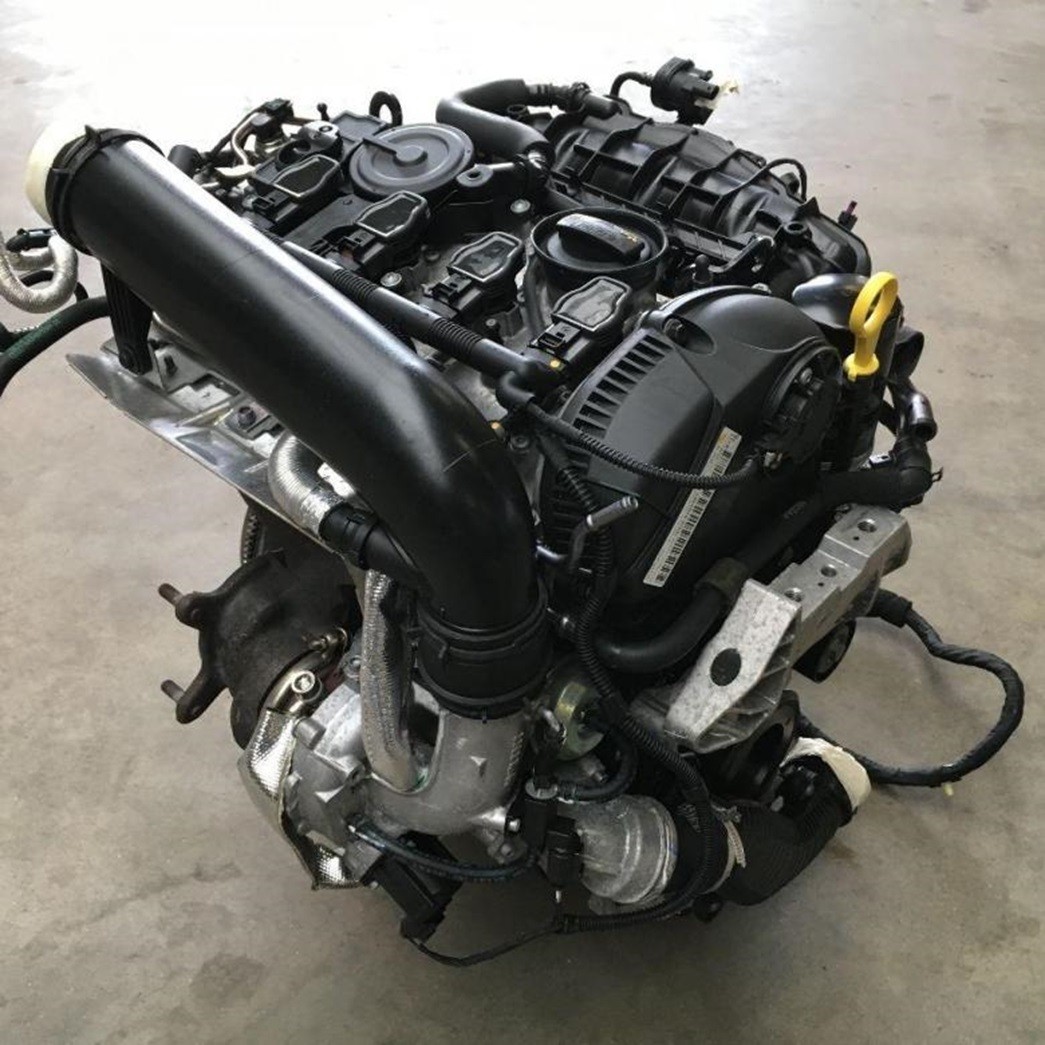
Which engine is better to choose Volkswagen Passat CC
For car owners who prefer a moderate driving style, the Volkswagen Passat CC with CDAB engine is a good choice. The power of the motor is enough to confidently stay in the traffic flow. The internal combustion engine has a good design, so it will not often present problems. The minus of the engine is manifested in its insufficient environmental friendliness, which is partially offset by low fuel consumption.
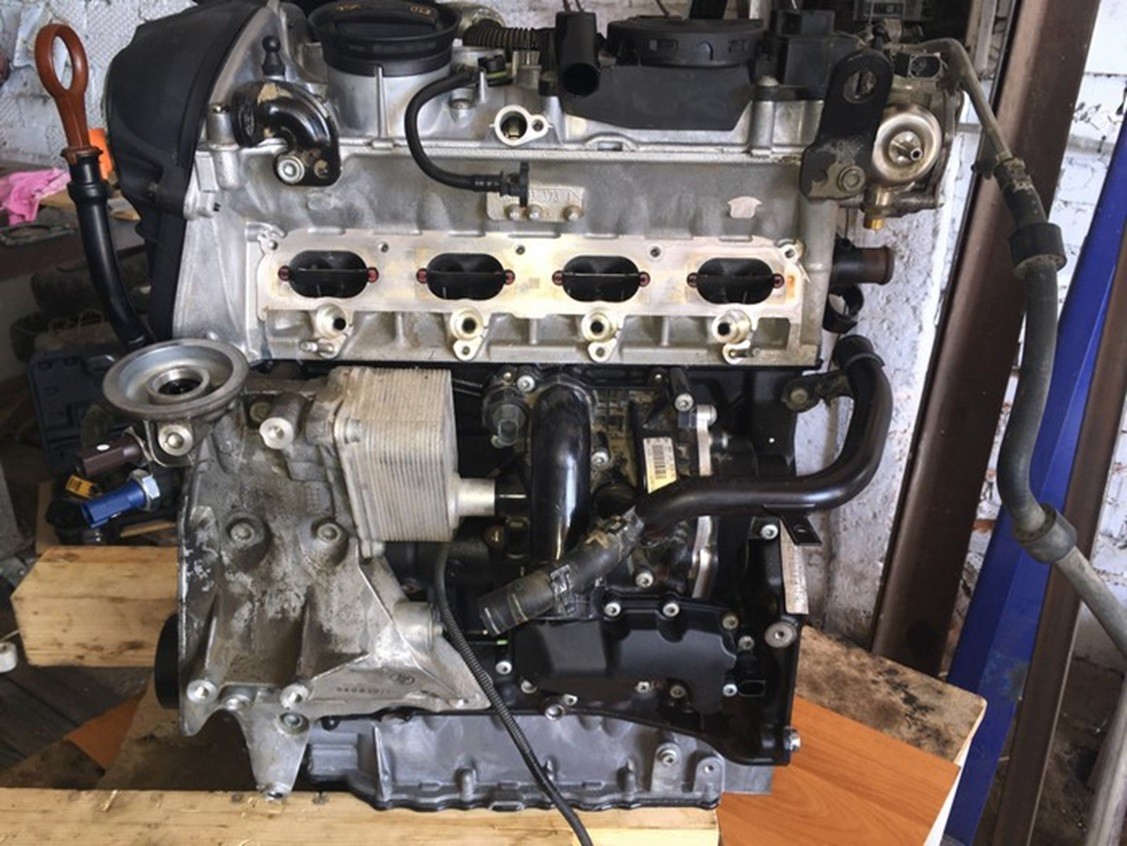
A good choice would be a Volkswagen Passat CC with a CFFB engine. Diesel is characterized by economical fuel consumption. It has a successful design and is devoid of technical miscalculations. The motor boasts a large torque, which has a positive effect on the intensity of the acceleration of the car.
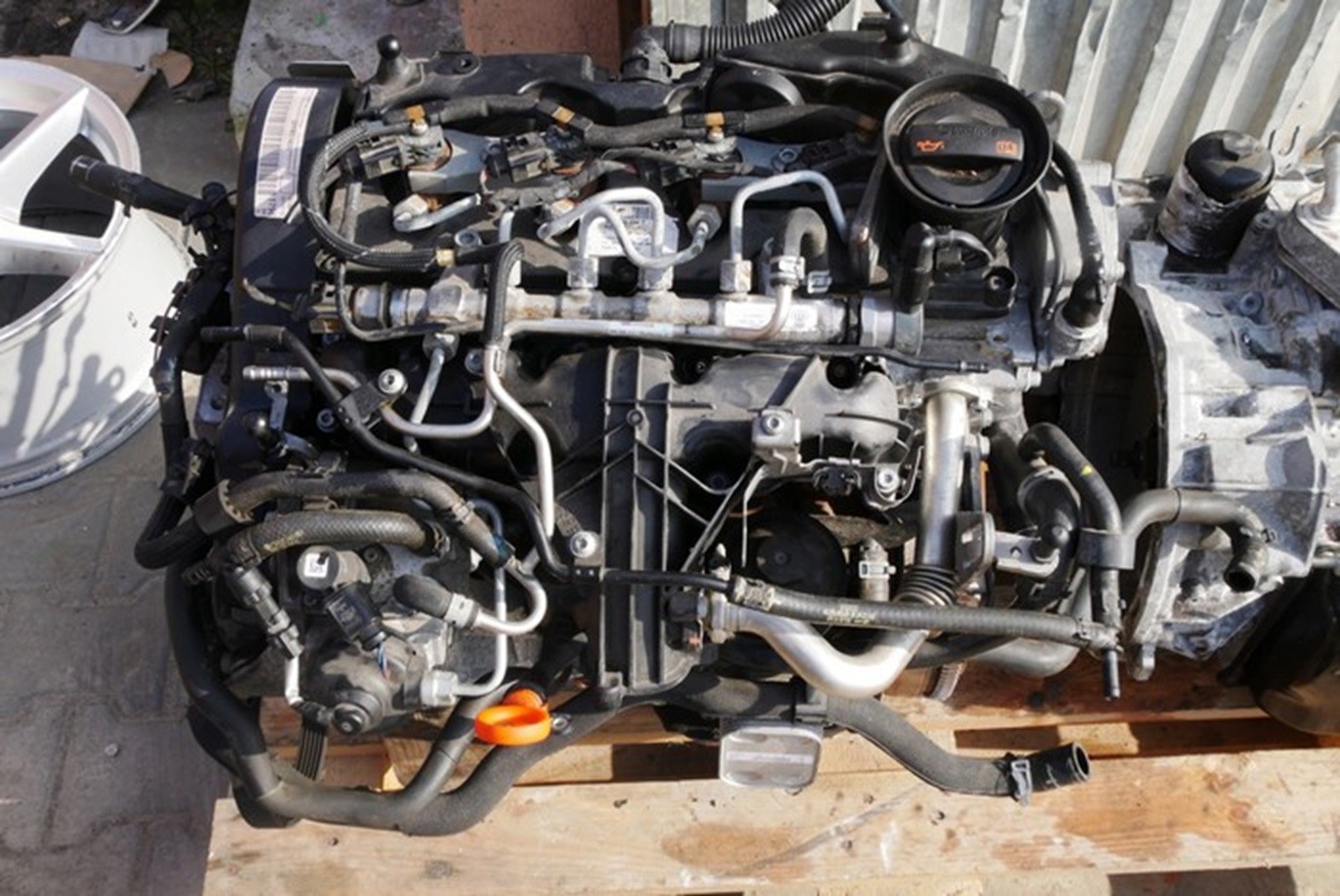
An even more sporty driving experience can be achieved with the CLLA diesel engine. The increase in power did not noticeably affect fuel consumption. The engine performs well when operating in cold regions. Starting the engine in cold weather is extremely difficult.
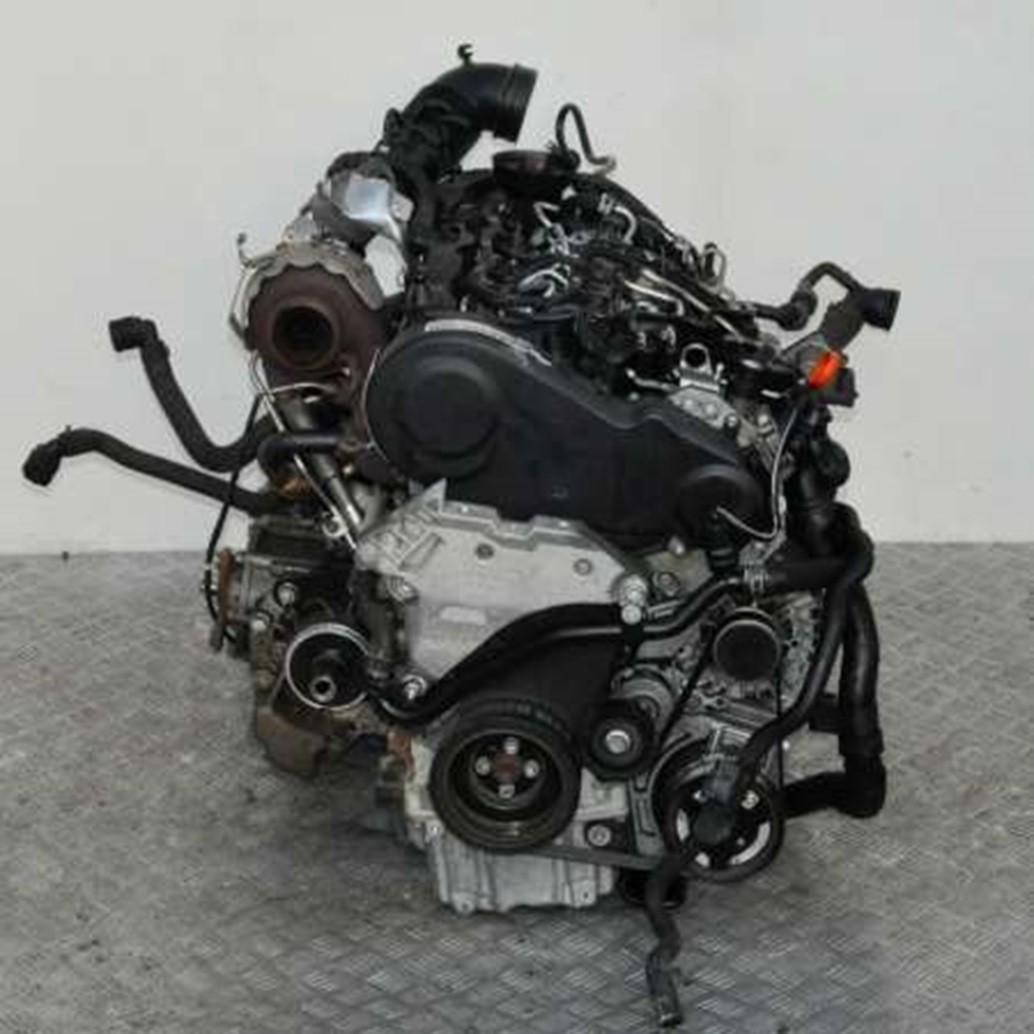
If you want to have a car with front-wheel drive and the most powerful engine, it is recommended to choose a Volkswagen Passat CC with a CAWB engine. Its 200 HP sufficient for movement in any conditions. The power unit has a resource of 250 thousand km. With gentle operation, the internal combustion engine often overcomes 400-450 thousand km without a problem.
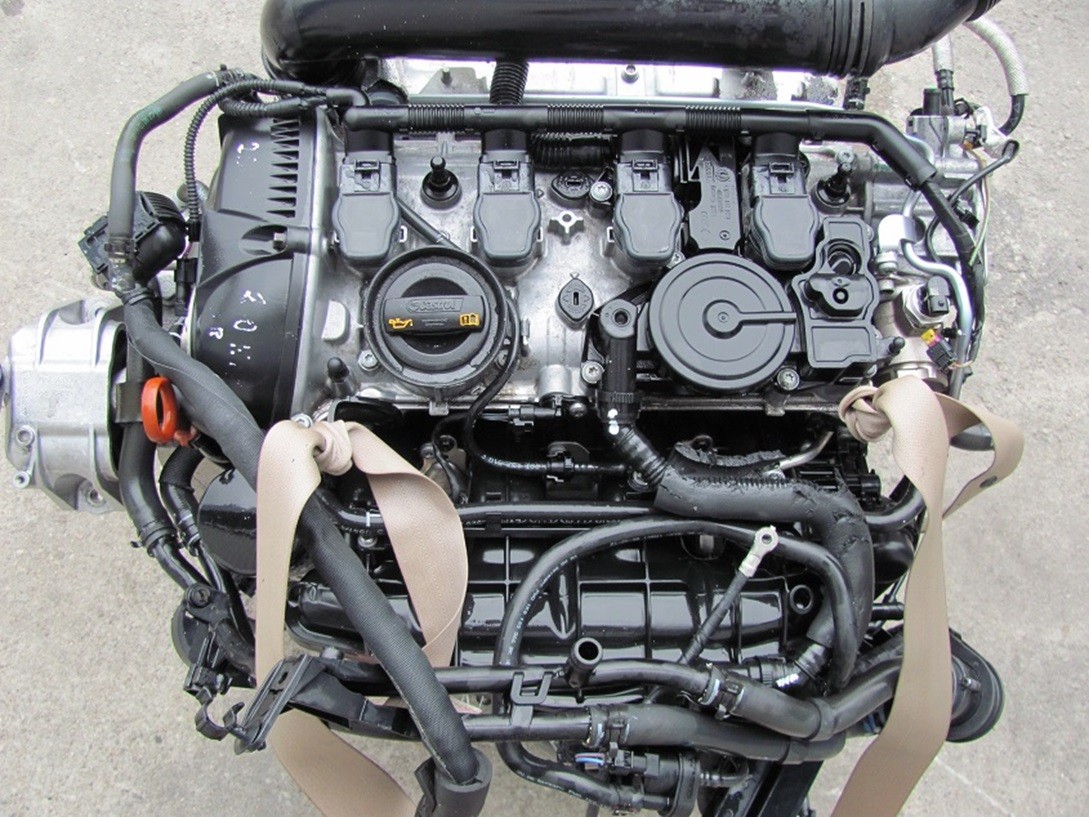
When choosing the all-wheel drive version of the Volkswagen Passat CC, it is recommended to pay attention to the BWS engine. The motor boasts a V-shaped design and the presence of six cylinders. The internal combustion engine has a distributed fuel injection. The power unit produces 300 hp.
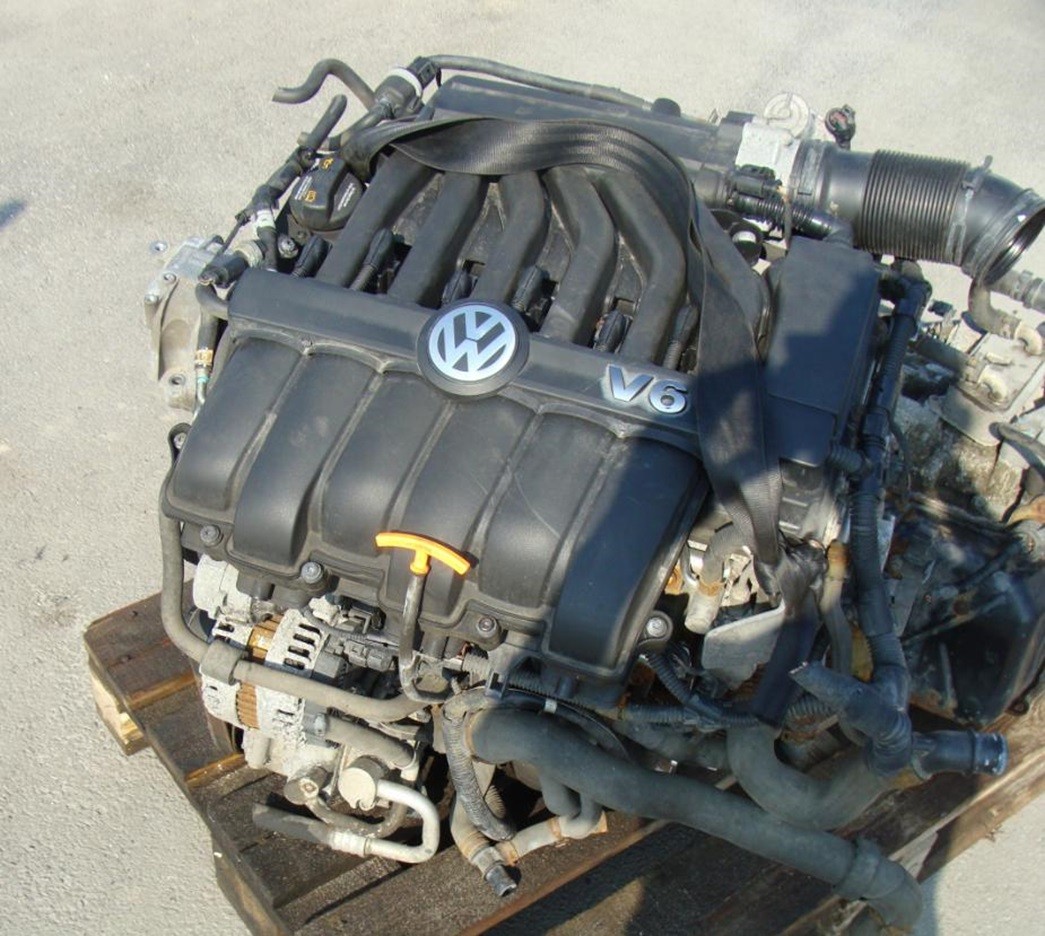
Reliability of engines and their weaknesses
Volkswagen Passat CC engines are characterized by high reliability. Their common weak point is the timing chain. It stretches much earlier than expected. Therefore, it is recommended to replace the chain when the mileage exceeds 120-140 thousand km.
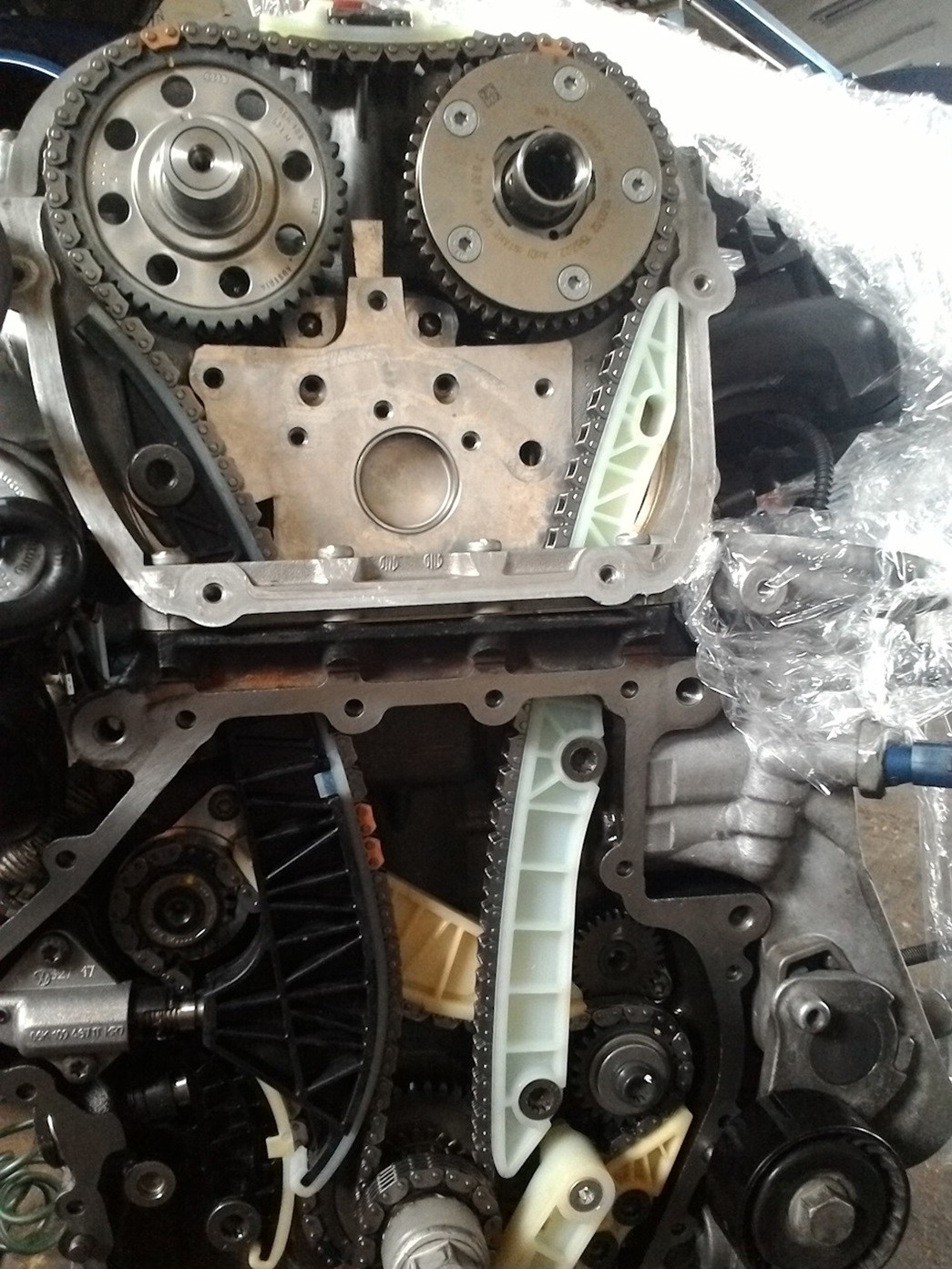
Volkswagen Passat CC engines also have problems with the cylinder head. Over time, the valves no longer fit properly. This leads to a drop in compression. Overheating of the motor is also fraught with consequences for the cylinder head. There are cases of cracks or distortion of the geometry of the cylinder head.
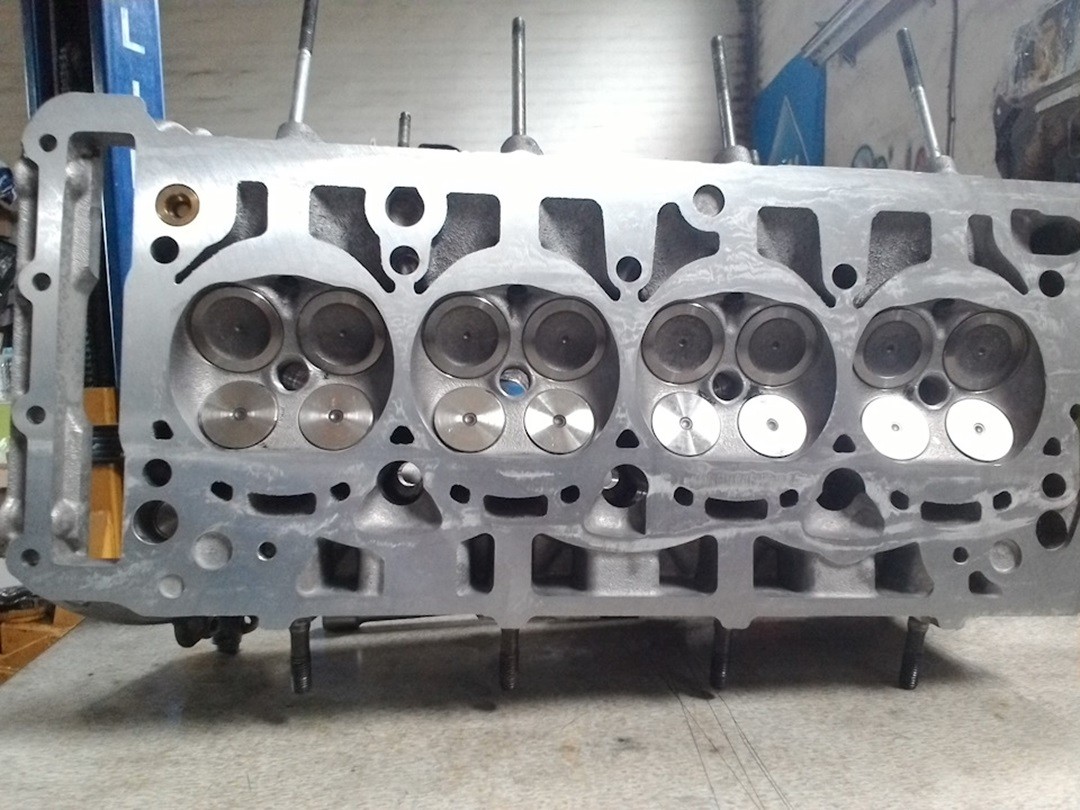
It affects the resource of Volkswagen Passat CC engines and the quality of the fuel used. Bad fuel causes the formation of soot in the working chambers of both gasoline and diesel internal combustion engines. Sometimes there is coking of the piston rings. It is accompanied not only by a drop in engine power, but also by an oil burner.
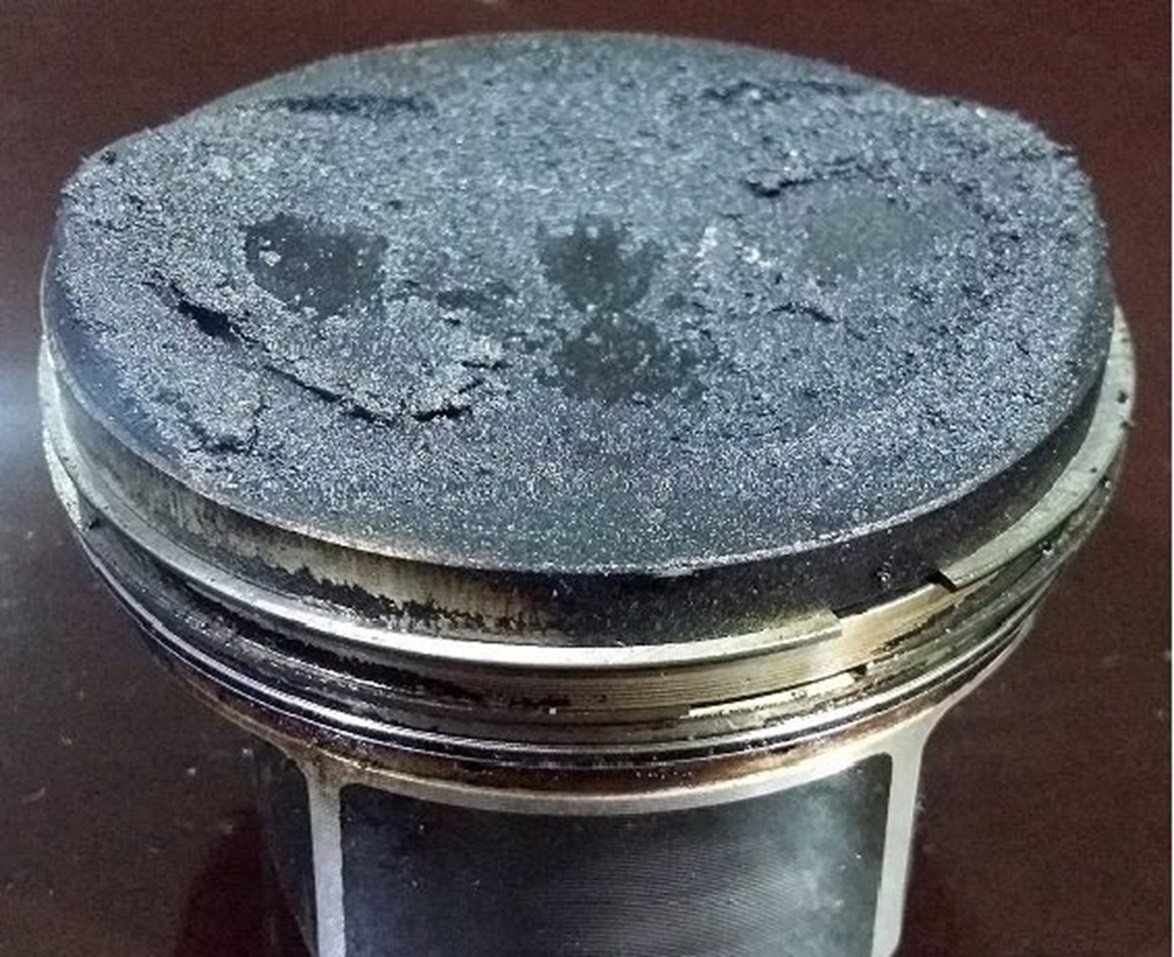
Used Volkswagen Passat CC engines often run with oil starvation. This is due to the design of the pump. Prolonged operation without sufficient lubrication will lead to scuffing of the cylinder bore. Fixing this problem is often extremely difficult.
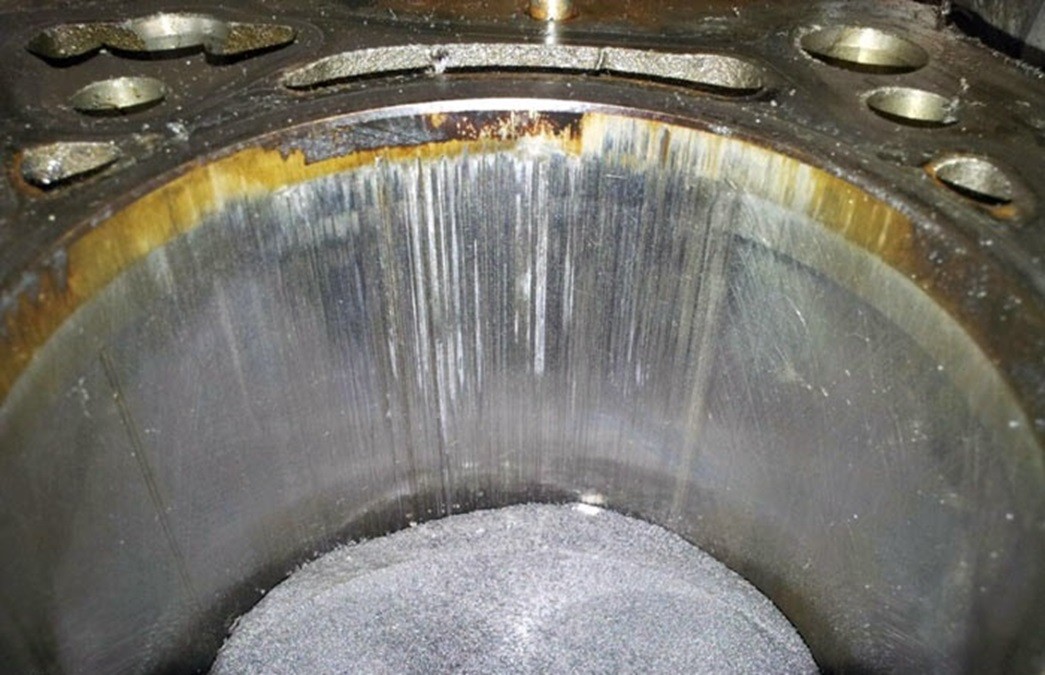
The CCZB engine has the greatest number of weak points. The reason for this lies in its high liter capacity. The motor operates with increased mechanical and thermal load. Therefore, even a broken spark plug can lead to the most unexpected damage to the CPG.
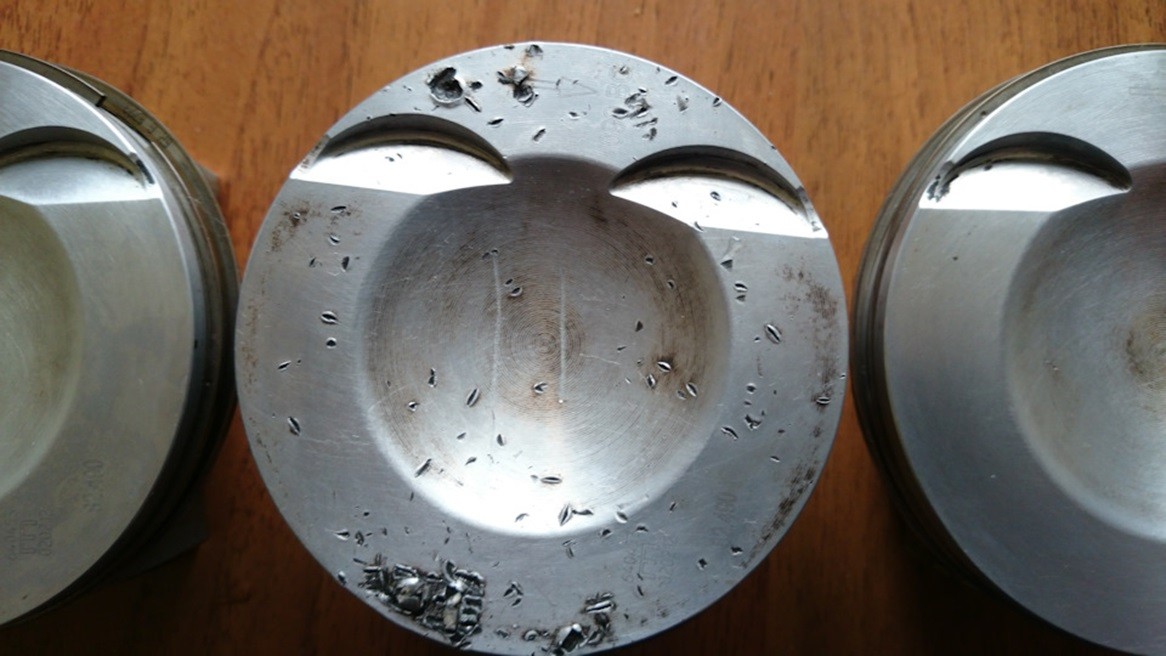
Maintainability of power units
The power units of the Volkswagen Passat CC have a satisfactory maintainability. Officially, motors are considered disposable. In the event of serious problems, it is recommended to replace it with a new or contract power unit.
In practice, internal combustion engines are perfectly repaired, which is often facilitated by a cast-iron engine block.
For Volkswagen Passat CC engines, it will not be difficult to eliminate minor faults. Power units have a fairly simple design, especially when compared with similar competitors. The internal combustion engine has a lot of electronics, but problems with it do not arise so often. Advanced internal combustion engine self-diagnosis helps troubleshooting.
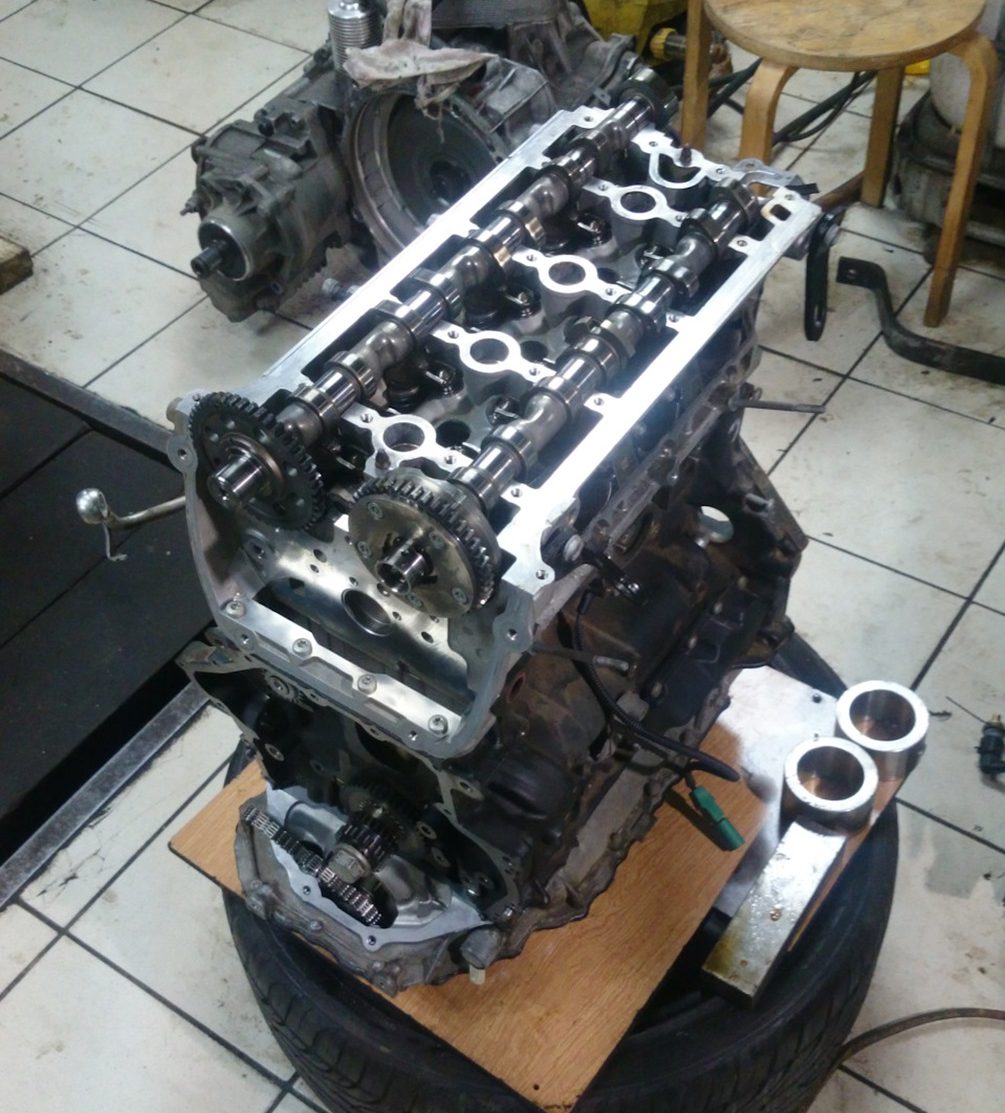
For Volkswagen Passat CC engines, it is quite possible to overhaul. Spare parts are mass-produced by third-party manufacturers. For most motors, it is not a problem to find a piston repair kit. So, for example, a complete overhaul of the CDAB power unit allows you to return up to 90% of the original resource.
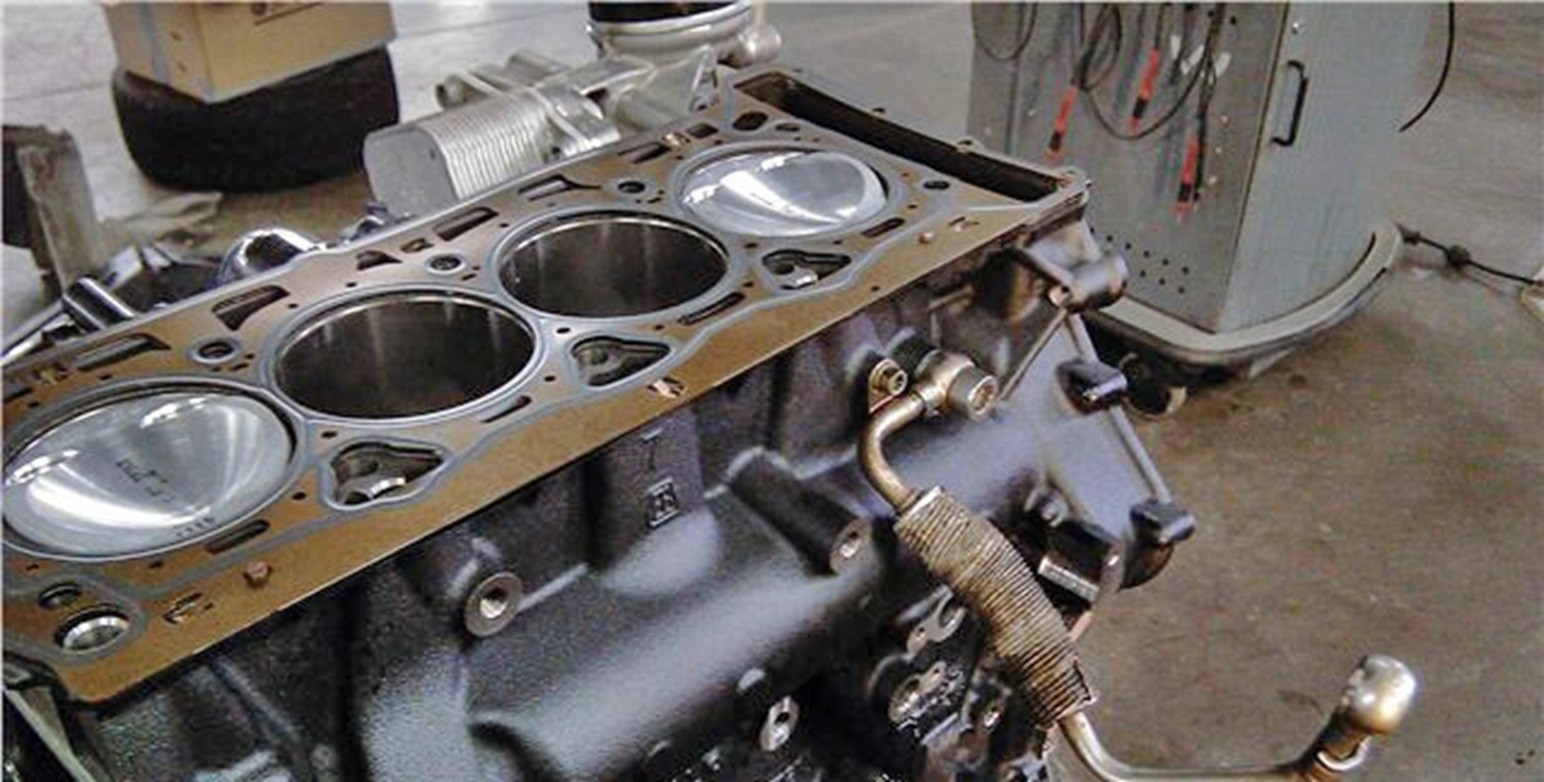
Tuning engines Volkswagen Passat CC
Popularity among car owners Volkswagen Passat CC has chip tuning. It allows you to change certain parameters without interfering with the design of the internal combustion engine. Flashing is often used for forcing. It allows you to return the horsepower laid down at the factory, strangled by environmental standards.
In some cases, chip tuning is used to reduce fuel consumption. In this case, it is possible to achieve a small loss of dynamic performance. The advantage of flashing is the ability to reset to factory settings. This allows you to get rid of trouble when the result did not live up to expectations.
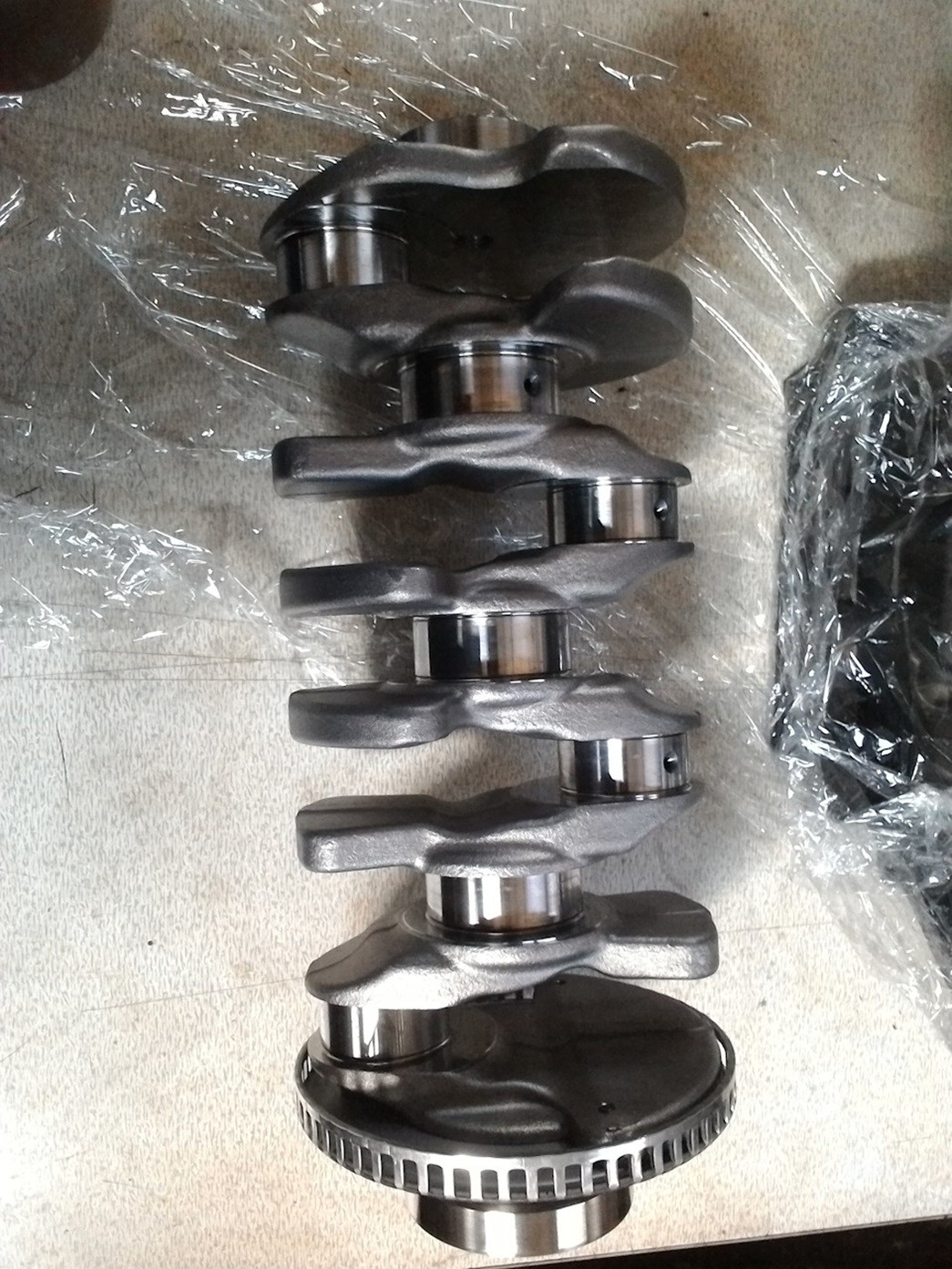
You can slightly affect the power of the internal combustion engine by surface tuning. For these purposes, an air filter of zero resistance, lightweight pulleys and forward flow are used. This boosting method adds up to 15 hp. to the built power. For more noticeable results, deep tuning is required.
The cast-iron cylinder block of the Volkswagen Passat CC contributes to boosting the engine. With deep tuning, the regular crankshaft, camshafts, pistons and other loaded parts are subject to replacement. For these purposes, car owners usually choose forged parts from third-party stock manufacturers. The disadvantage of this method lies in the risk of complete failure of the internal combustion engine and the impossibility of its recovery.
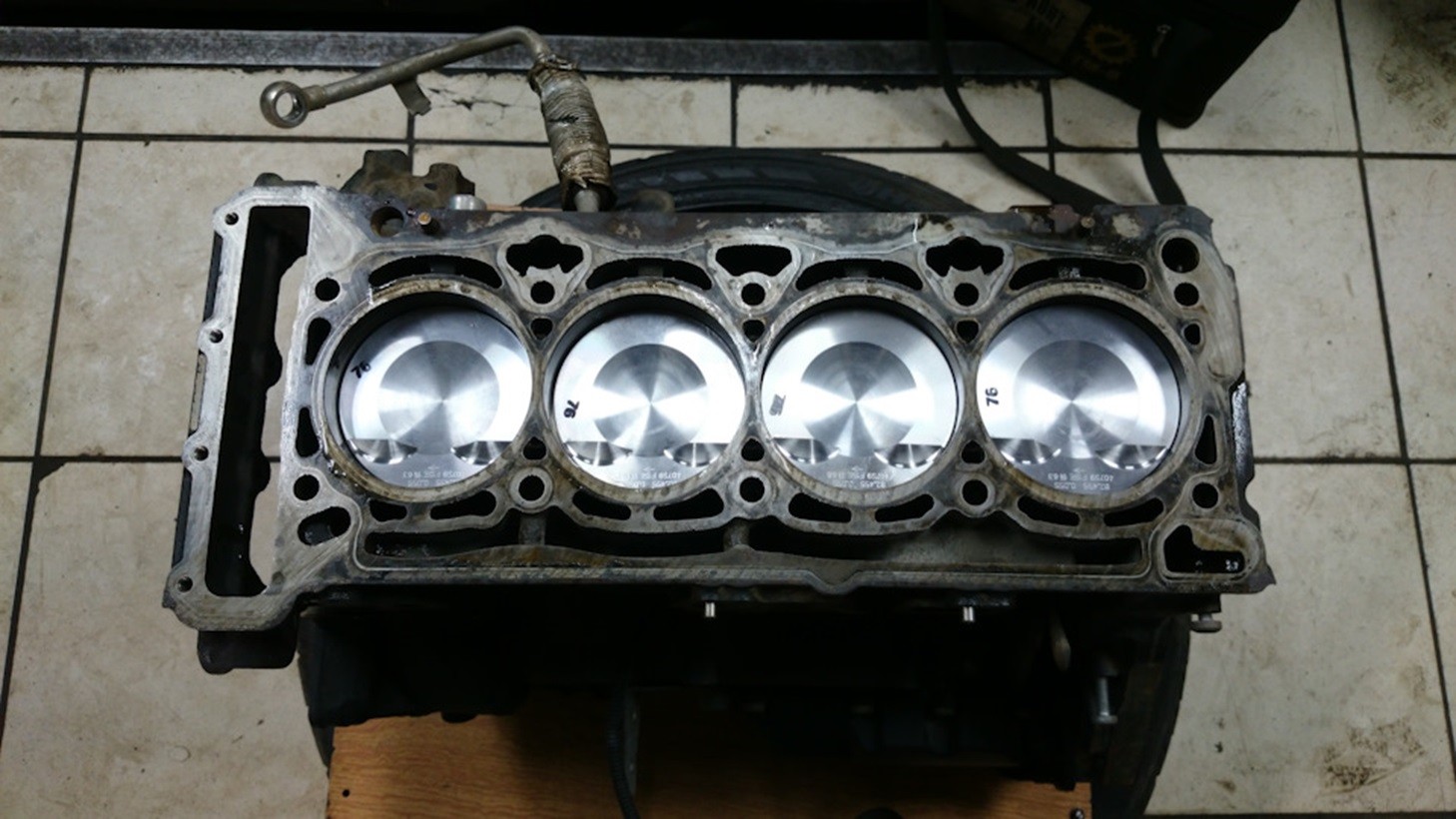
Swap engines
The high reliability and good durability of the Volkswagen Passat CC engines led to the popularity of the swap of these engines. ICE can be found on cars, crossovers, commercial vehicles. It is installed both on other Volkswagen cars and outside the brand. It is important to take into account the complex electronics of power units. If it is connected incorrectly, problems arise in the operation of the engine itself, the control panel.
Engine swap on the Volkswagen Passat CC is also popular. Usually, power units from other machines of the model are used for this. Car owners are switching from petrol to diesel and vice versa. A swap is performed to increase power or improve economy.
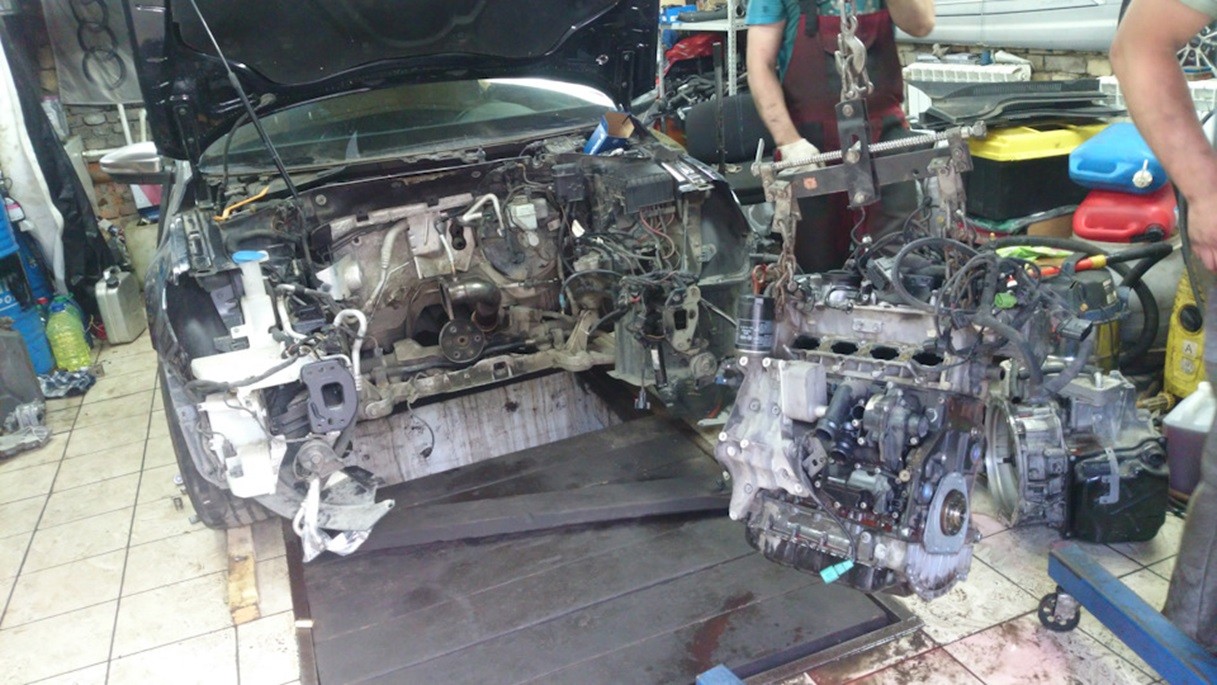

Volkswagen Passat CC has a large engine compartment. There you can fit any engine for 6 and even 8 cylinders. Therefore, powerful motors are often used for swap. So, for example, tuning enthusiasts install 1JZ and 2JZ power units on Volkswagen.
Purchase of a contract engine
On sale there is a wide variety of power plants Volkswagen Passat CC. The motor has mediocre maintainability, so it is recommended to weed out all bad options at the purchase stage. Estimated normal price starts from 140 thousand rubles. Cheaper motors are often in poor condition.
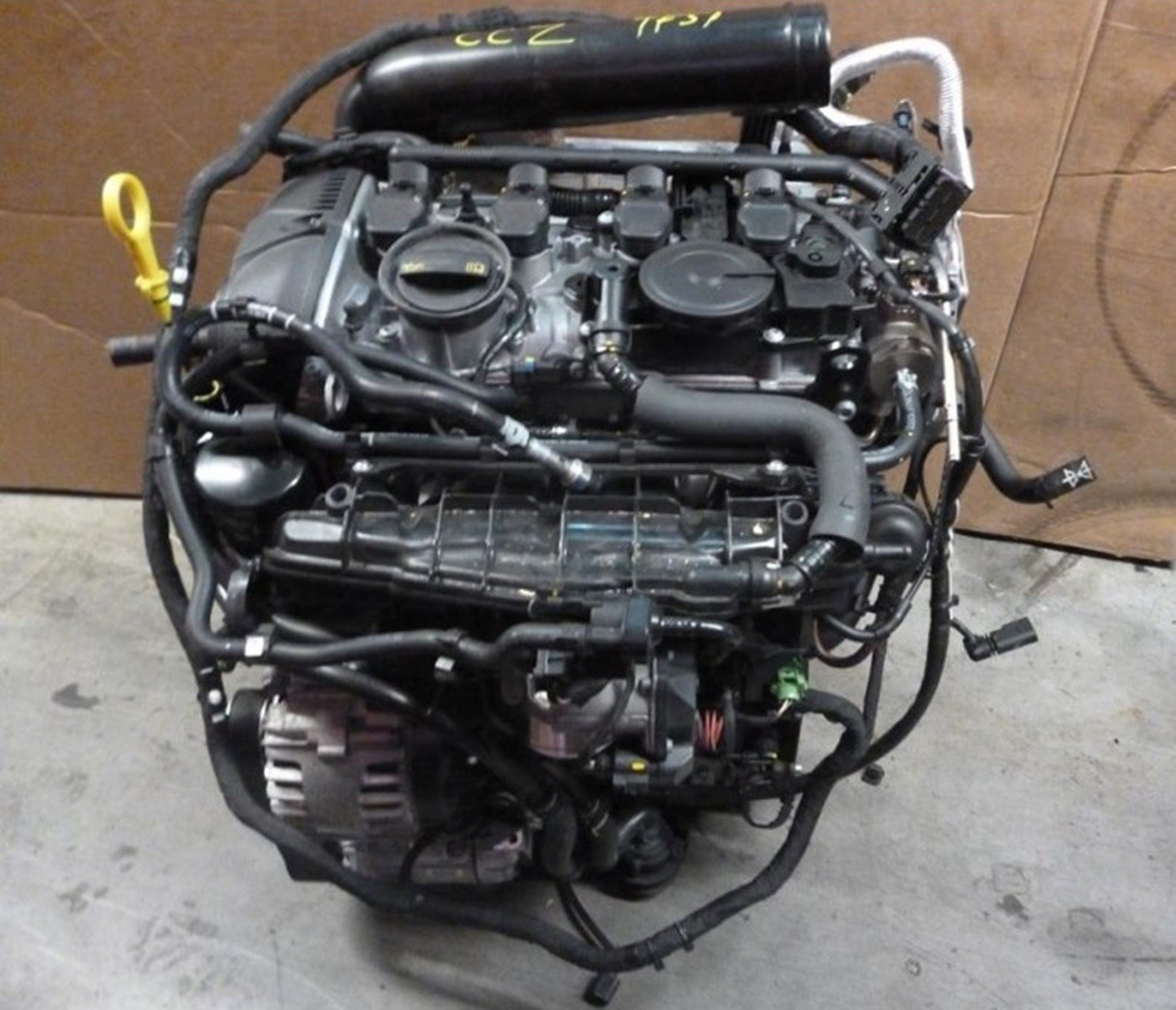

Volkswagen Passat CC engines have sophisticated electronics. Before buying a motor, it is recommended to pay attention to its preliminary diagnostics. The presence of problems with sensors often indicates the presence of much more complex and unpleasant malfunctions. Therefore, it is so important to control not only the general condition of the internal combustion engine, but also pay attention to the electrical part.

